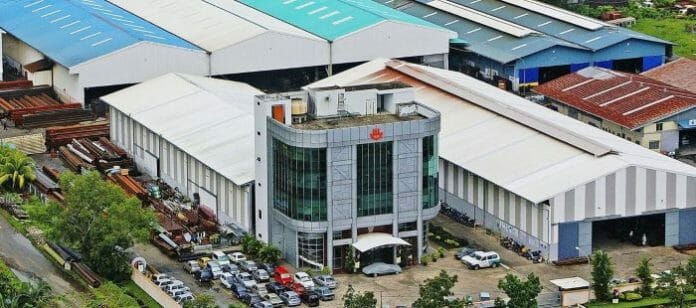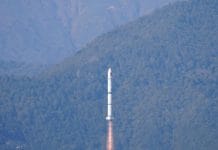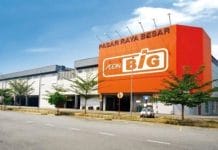KKB Engineering (KKB)’s 1H23 core profit of RM12.7m met estimates, making up 51% of RHB Research (RHB) and the Street’s full-year projections.
“The positive deviation was due to better cost of sales management stemming from efficient procurement strategies. Despite recording revenue of RM104.4m in 2Q23, KKB’s Profit Before Tax in the same quarter was >100% YoY,” said RHB in the recent Malaysia Results Review.
This was mainly attributable to its engineering segment, which saw some fabrication projects reaching their tail-end. This, in turn, led to improved margins coupled with prudent cost measures arising from efficient procurement strategies.
The profit after tax margin for the engineering segment in 2Q23 grew to 11.8%, from 2.6% in 2Q22. As at end-June, KKB’s outstanding orderbook stood at RM660m with RM483m worth of new jobs clinched YTD.
“We gathered that KKB’s tenderbook stands at RM500m, of which 80% is for oil & gas related jobs, while the remainder is for engineering, construction and manufacturing contracts,” said RHB.
KKB’s appointment as the primary contractor for the price agreement for the EPC of standard wellhead platforms for Sarawak Shell and Sabah Shell Petroleum may put the group at the forefront when bidding for steel fabrication jobs from such oil majors.
Looking ahead, the recently secured oil & gas jobs from Sarawak Shell and Samsung Engineering should contribute positively in the coming quarters as they move along the S-curve.
A medium-term catalyst would be the rollout of the second phase of Sarawak Water Supply Grid Programme (SWP) in 1Q24. KKB had secured RM200m worth of jobs under the first phase of SWP.
“Although results met expectations, we lift FY23-25F earnings by 11%, 6% and 4% as we expect 2H23 to be stronger, backed by higher recognition of its engineering projects,” said RHB, suggesting a new Target Price of RM1.90 and the Buy rating.
The research house believes KKB deserves a Buy as this is a strategic Borneo play with 10.7% of the group being owned by Sarawak Economic Development Corporation, putting it at the forefront of Sarawak’s infrastructure drive.
Key downside risks include failure to secure new contracts, higher-than-estimated cost of raw materials, and a slowdown in construction activities.









